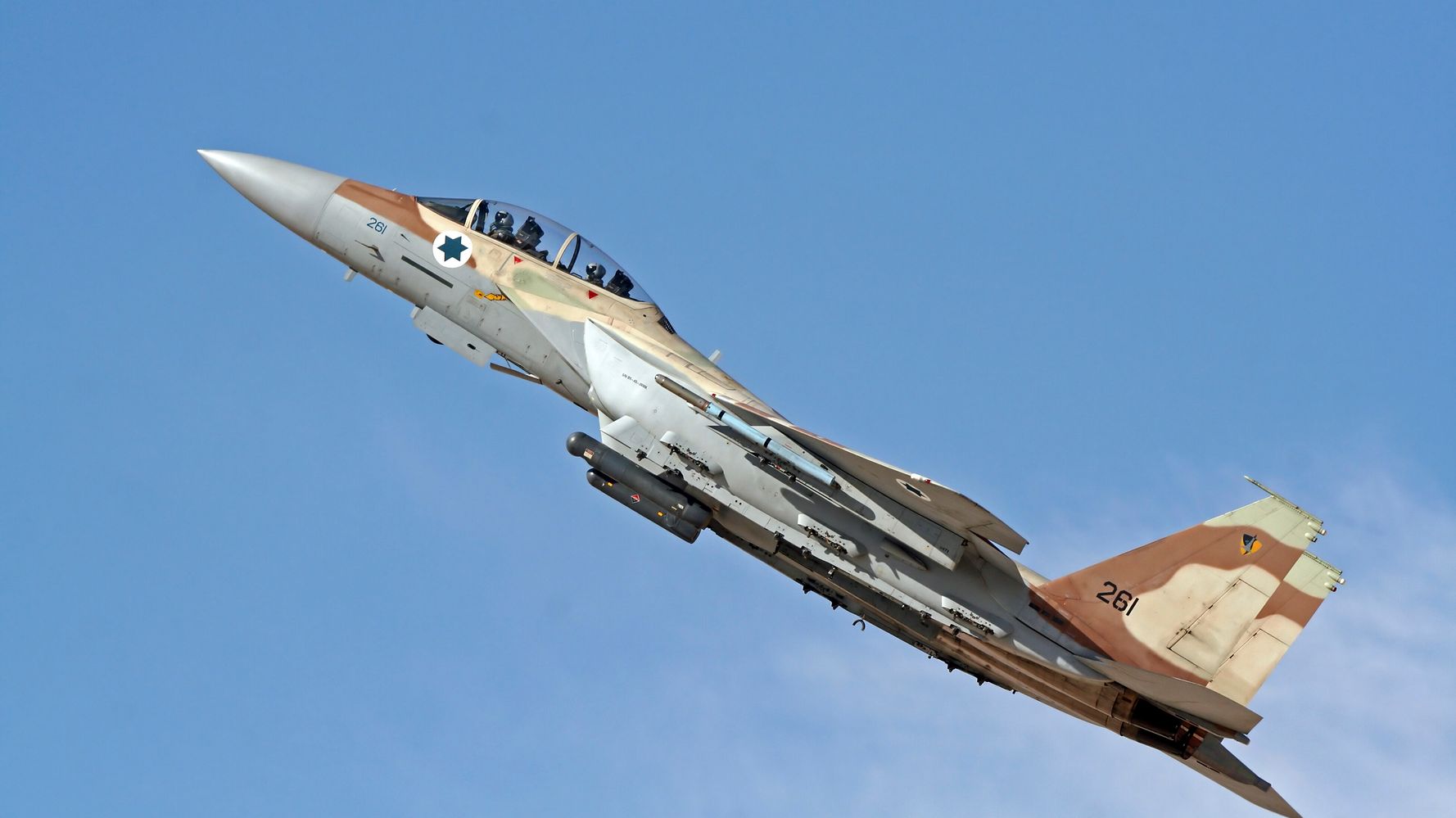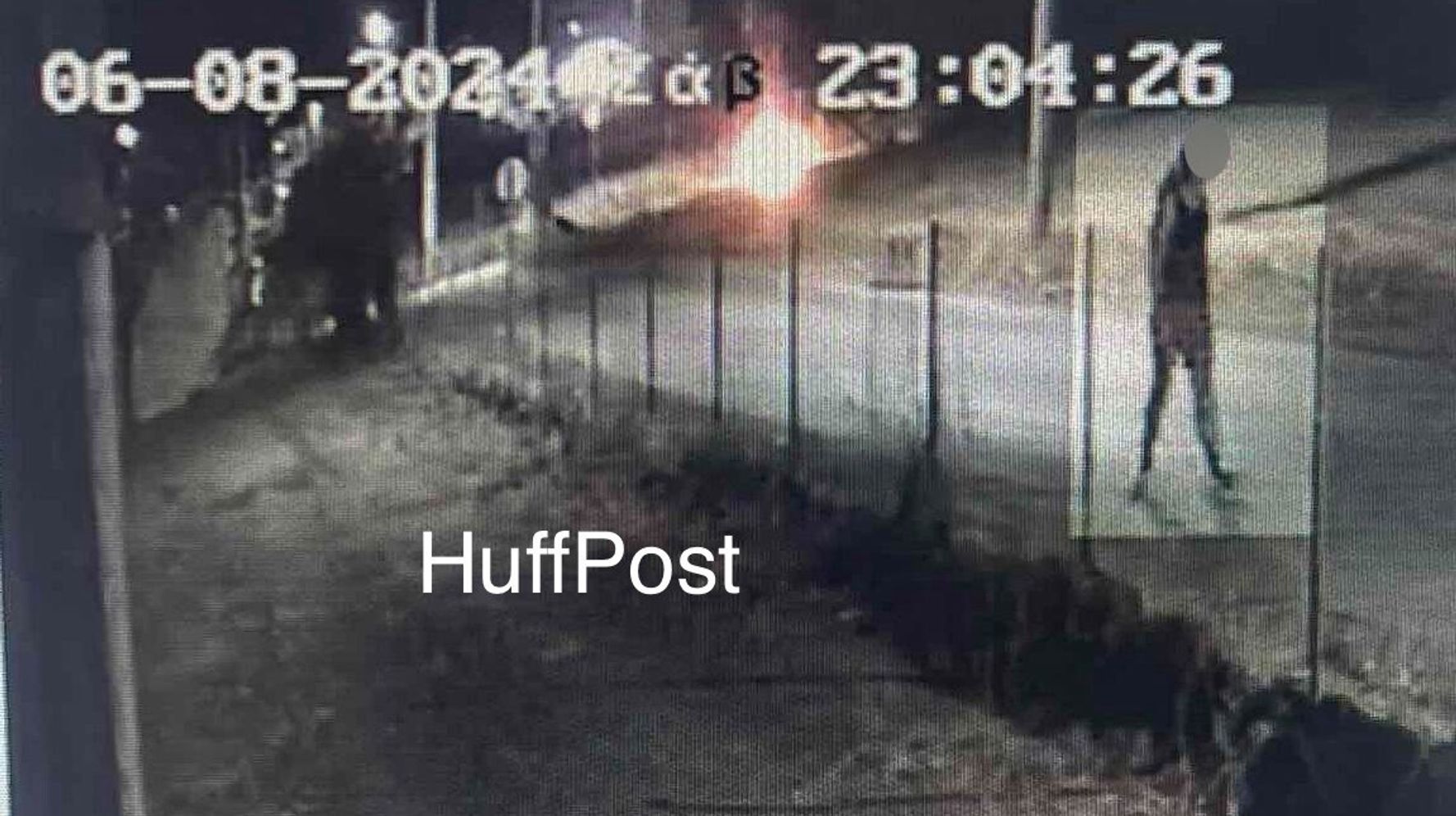Israeli F-15s Conduct Show of Force Over Beirut Amid Hezbollah Tensions
Introduction
On August 6, 2024, Israeli F-15 fighter jets conducted a show of force over Beirut, Lebanon’s capital city, just minutes before the scheduled address by Hezbollah Secretary-General Hassan Nasrallah. The aircraft flew over the city, breaking the sound barrier three times and causing panic among residents.
Context
The Israeli action came amid heightened tensions between Israel and Hezbollah, following the assassination of Fouad Shukr, a senior Hezbollah military commander, in an Israeli airstrike on the southern outskirts of Beirut. Hezbollah had vowed to retaliate, and Iran, a key supporter of Hezbollah, also condemned the killing and threatened a response.
Earlier on Tuesday, Hezbollah announced that it had launched a series of drone and rocket attacks on northern Israel, warning that it had yet to carry out its full retaliation for Shukr’s assassination.
Israeli Airstrikes
The Israeli Air Force responded to the Hezbollah attacks by striking two Hezbollah facilities in southern Lebanon. The Israeli military also stated that it had intercepted one of the Hezbollah drones entering Israeli airspace.
Hezbollah Attacks
Hezbollah claimed to have launched a series of drones at two military targets near the northern Israeli city of Acre and attacked an Israeli military vehicle at another location.
Casualties and Damage
Israeli medical officials reported that seven people were hospitalized in the southern Israeli city of Nahariya, one in critical condition. Images released by Reuters showed a crater formed near a bus stop on a main road outside the city.
Impact on Hezbollah Address
The Israeli show of force over Beirut coincided with Nasrallah’s scheduled address, which was delayed by the sonic booms. Nasrallah eventually delivered his speech, in which he vowed that Hezbollah would respond to Shukr’s assassination and warned Israel against further aggression.
International Reaction
The Israeli-Hezbollah clashes raised concerns about a wider escalation of violence in the region. The United Nations called for restraint and urged both sides to avoid further provocations.
Analysis
The Israeli airstrikes and aerial maneuvers over Beirut were a clear demonstration of Israel’s military strength and its willingness to use it to deter Hezbollah. The timing of the airstrikes, just before Nasrallah’s speech, was likely intended to send a message to Hezbollah and its supporters.
The Hezbollah attacks on northern Israel, while not causing significant casualties, showed that the organization is capable of striking targets deep within Israeli territory. The attacks also tested Israel’s air defense systems.
The escalation of violence between Israel and Hezbollah is a reminder of the fragile security situation in the Middle East. Both sides have vowed to continue their military operations, raising fears of a wider escalation of hostilities.
Conclusion
The Israeli show of force over Beirut and the Hezbollah attacks on northern Israel underscore the ongoing tensions between Israel and Hezbollah. The situation remains highly volatile, and the risk of further escalation remains high. The international community is calling for restraint and dialogue to prevent a wider conflict.



